The Enterprise Ethereum Alliance (EEA) has announced the release of the latest specifications which will help facilitate blockchain interoperability across entire industries.
The Enterprise Ethereum Client Specification V2, an open standards-based framework, incorporates technical contributions from the alliance’s member base which counts over 500 organisations. It applies a global standard to enterprise blockchain development and offers greater choice and lower costs among a larger ecosystem of vendors.
EEA Executive Director Ron Resnick explained that the EEA Specification will enable developers to write code that enables interoperability. This, in turn, will drive enterprise customers to select EEA specification-based solutions over proprietary offerings.
Proprietary vendors usually define “interoperability” as the ability of their client solution to communicate with other vendor solutions. They set their own pricing and define the feature set, meaning that if a customer wants an enhancement, the final decision lies with the proprietary vendor to add it or not.
EEA explained that interoperability requires an independent certification program where vendor solutions must be third-party tested and conform to an Industry Standard Specification.
“With the EEA Enterprise Ethereum Client Specification V2, enterprises and startups can develop interoperable offerings, from low-to high-end based, enabling enterprises and startups to easily mix and match applications cost-effectively, even as their needs change over time,” Resnick added.
According to the official release, the Specification is working towards inclusion in future releases of application-specific profiles – subsets tailored for different uses cases that paves the way for innovation across vertical industries where enterprise can identify specific requirements relevant to their industry.
Ethereum Foundation Executive Director Aya Miyaguchi said that the foundation supports the collaborative work that has culminated in the release of the Specification V2.
Joseph Lubin, a founding EEA member, co-founder of ConsenSys and co-founder of Ethereum, said that latest specification solves the universal collaboration of its members and serves as “a critical framework to facilitate more valuable interactions, more efficiently, across organizational boundaries.”
“The EEA’s Specification and ongoing standards work are critical to enabling entire sectors and industries to build shared collaborative infrastructure that will accelerate Ethereum-based business applications from digital identities and supply chains to financial industry platforms, consumer financial services and beyond,” Lubin said.
The EEA also announced that it will introduce a TestNet to assure interoperability across member solutions. It also plans to launch a members-only Certification Program in the first quarter of 2020 to ensure that solutions conform and interoperate with the standard, building confidence in an offering’s performance.







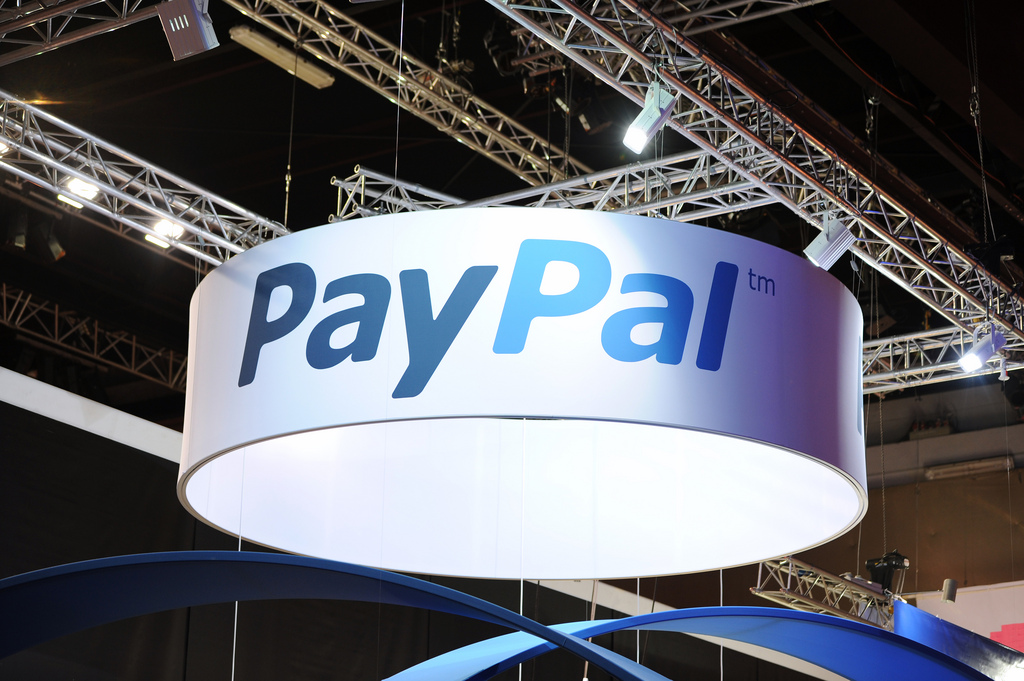

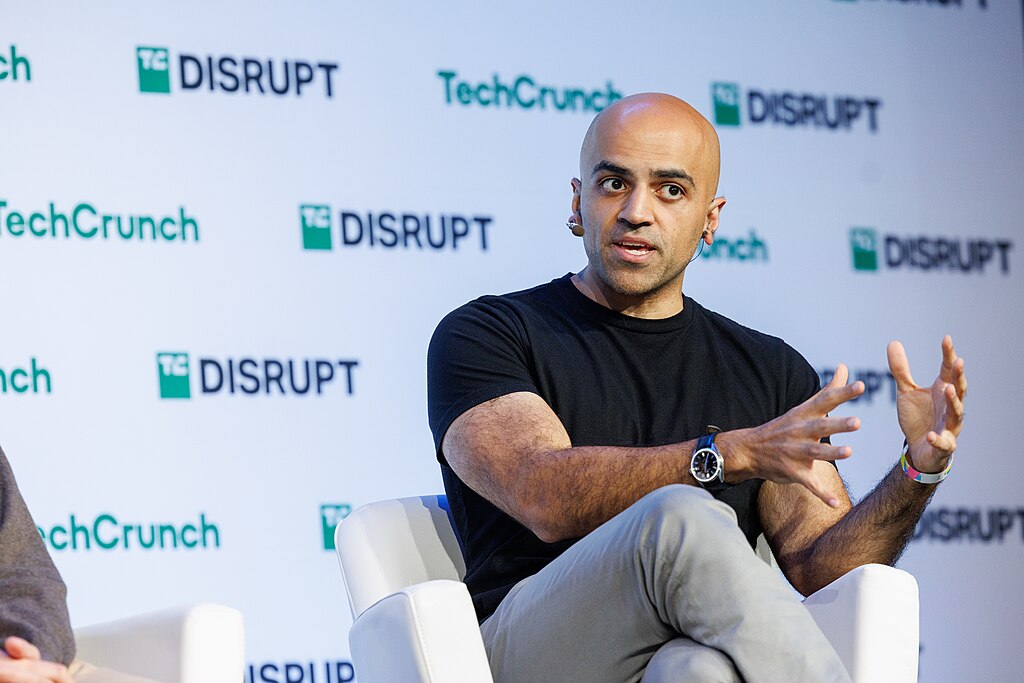




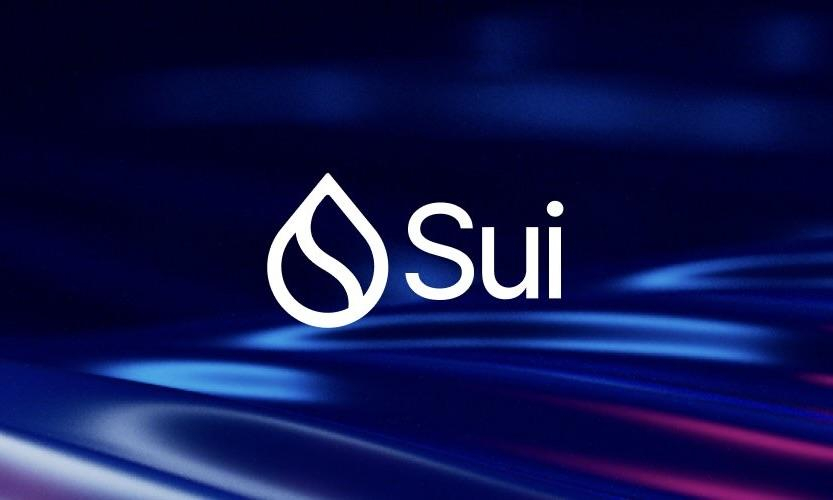
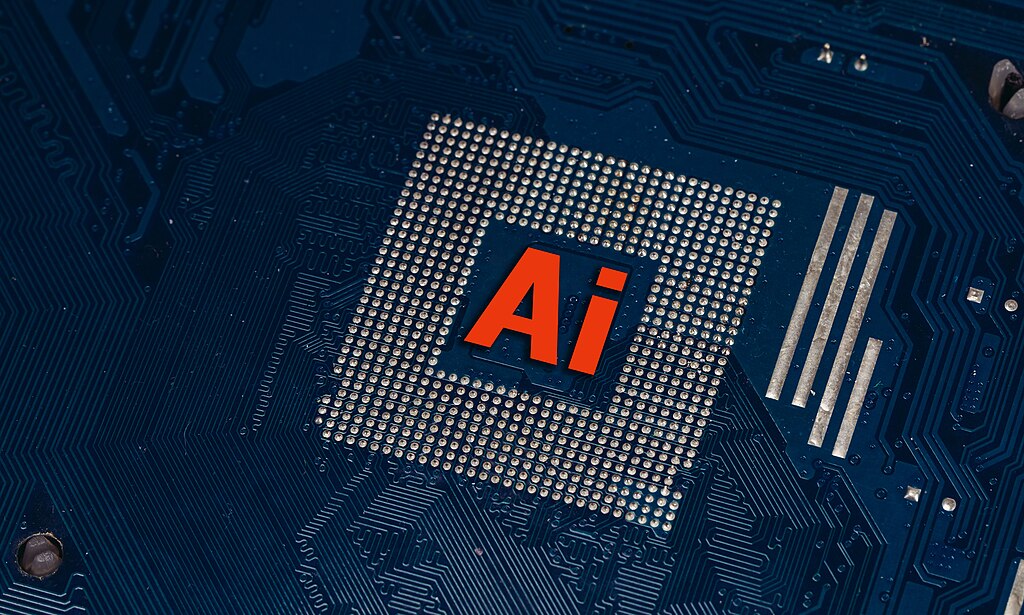
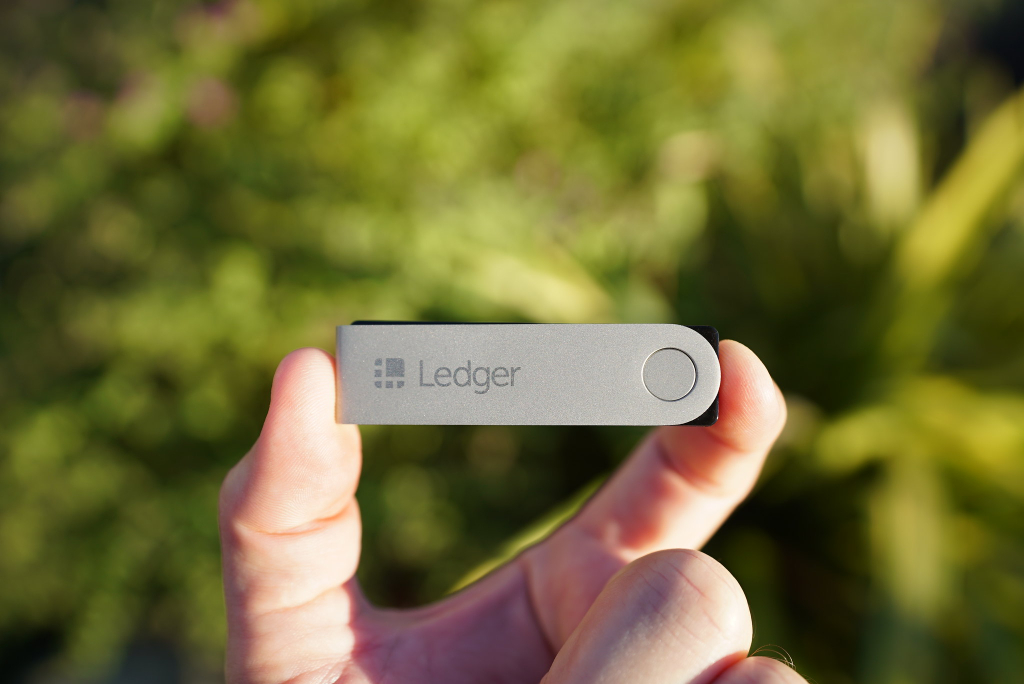










Comment 0